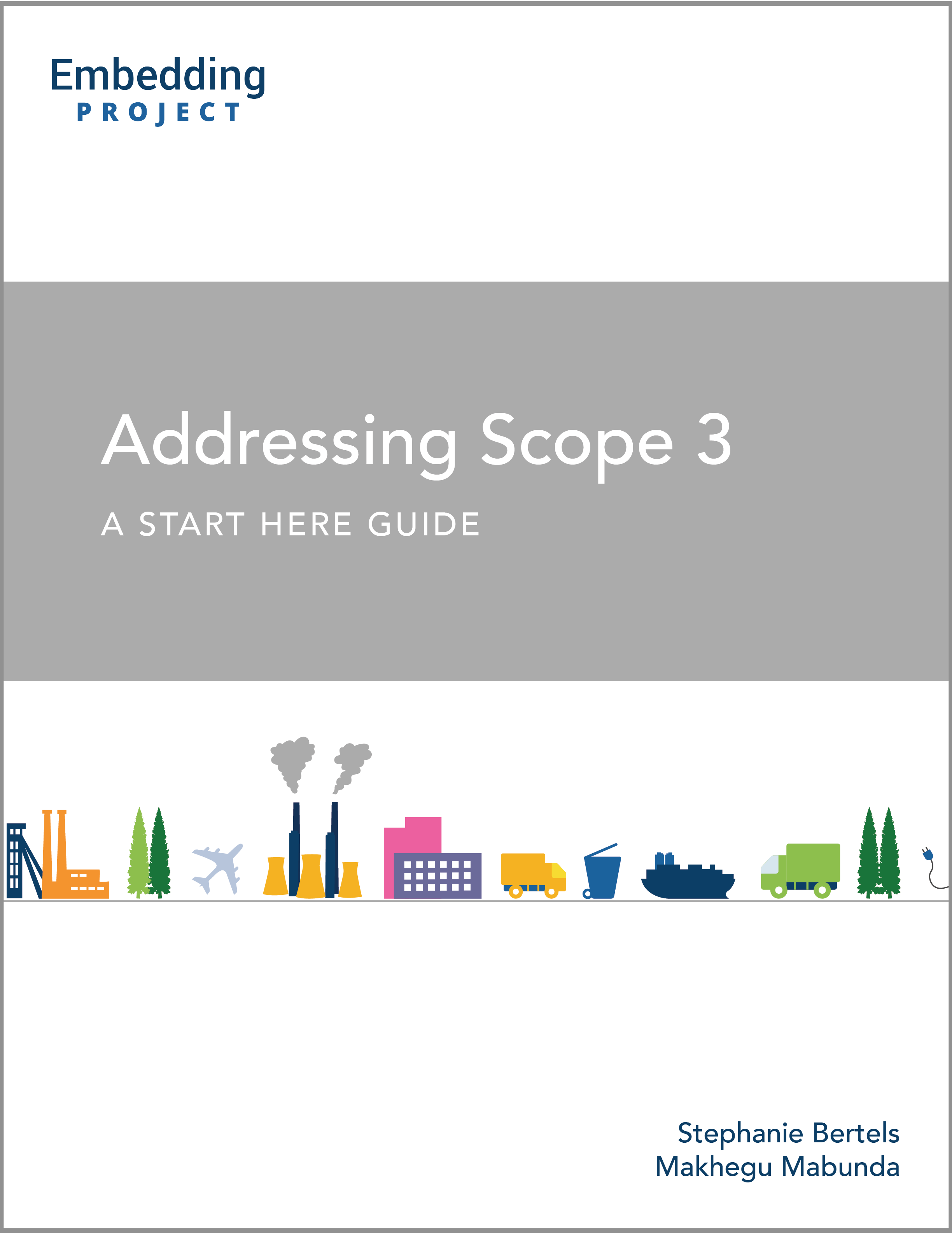Establish an effective data management strategy
An effective data management strategy goes beyond just collecting and storing data; it ensures your data's quality, consistency, and timeliness. To achieve this, you need to establish robust data governance processes. These processes can help identify and address data inaccuracies and inconsistencies, ensuring your insights and decisions are based on reliable data. Consider establishing a dedicated data management team or centre of excellence, conducting regular data quality audits, and collaborating with external experts or consultants to ensure the robustness and integrity of your data systems.
EXAMPLE: P&G leverages real-time analytics for sustainable supply chain management
P&G's "control tower" technology streamlines its supply chain through real-time data analytics, enhancing resilience and sustainability.¹ The tool helps predict disruptions, such as natural disasters, enabling proactive responses that minimise waste and maintain throughput. This data-centric approach is central to P&G's contingency plans, ensuring efficient use of resources and strengthening supplier collaborations for long-term sustainability.
Develop appropriate measures for sustainable procurement tracking and monitoring
Start by assessing and understanding your reporting capabilities. What data do you currently collect through purchasing reports that could be useful for sustainability tracking? Find a few initial Key Performance Indicators (KPIs) to monitor as soon as possible.² Initial measures typically focus on your easily accessible data, such as counting suppliers with sustainability certifications, tracking the percentage of procurement using sustainable criteria, introducing sustainability clauses in contracts, and monitoring basic waste streams. As you and your colleagues mature in their sustainability journey, you can advance to more detailed KPIs like calculating procurement-related carbon footprints, conducting in-depth lifecycle assessments, documenting human rights and modern slavery policies and performance, developing detailed supplier sustainability scorecards, and tracking water and energy consumption metrics.
This initial step of measuring performance indicators will not only help show progress quickly but will also help to identify areas of improvement in your data management systems. When selecting your performance metrics, remember that the cost of manually collecting data should be proportional to the benefit to your organisation.³ In other words, does the data support your team, leadership, board, or public to achieve your sustainable procurement commitments?
EXAMPLE: Helsinki's KPIs for data-driven sustainability in procurement
The City of Helsinki updated its procurement strategy to emphasise sustainability.⁴ A critical KPI is the number of procurements that incorporate environmental criteria. Some divisions achieved rates as high as 86% in 2021. The city also introduced a "criteria bank" to standardise procurement sustainability. These efforts are monitored through data-driven platforms like Climate Watch⁵ and Circular Economy Watch.⁶
Build robust data management systems
The transition towards tracking and measuring outcome indicators, such as your Scope 3 carbon emissions, provides a more precise picture but is a more challenging exercise that may require specific investment in tools and technology.
Investing in advanced analytics software and machine learning algorithms can help predict trends and automate data collection. Using sustainability data repositories such as the Carbon Disclosure Project (CDP)⁷ for greenhouse gas emissions can provide comprehensive and reliable data for outcome indicators.
Furthermore, investing in data integration can help consolidate data from various sources, providing a more comprehensive view of your supply chain's sustainability performance. Data visualisation tools can aid in interpreting complex data sets and making the insights easily digestible for decision-makers.
Over time, these practices can enhance your ability to make real-time, data-informed decisions, driving the sustainability agenda forward in your procurement activities.
EXAMPLE: Data-driven traceability at Target
Target employs data tools like the Higg Facilities Environmental Module to ensure supplier accountability for environmental performance.⁸ Partnering with the Earthworm Foundation, they’ve achieved 96% traceability to mill level for palm oil. Target’s data-focused strategy highlights how technology can streamline sustainable procurement and enhance transparency in the supply chain.
EXAMPLE: Flanders’ integrated tracking system
The Government of Flanders aims for 100% sustainable public procurement. The Environment, Nature & Energy Department integrated a tracking system into existing accounting to monitor progress, enabling accessible data collection for actionable insights.⁹
EXAMPLE: ThermoFisher Scientific’s data-driven supplier engagement
ThermoFisher Scientific has invested in building a model for estimating Scope 3 from their purchased goods and services. The model serves to identify areas of focus within purchasing and is a data hub to track suppliers' GHG emissions reduction commitments and maturity.¹⁰




![SPLC Navigator [PAY TO USE] cover](http://images.ctfassets.net/9wz1ed4si6rc/7kYWczYGHprNj0bcnjAFUw/ac7d8a1421bd467ad3310e50cc058046/image.png)